The agricultural technology sector continues to grow in popularity across several categories of investors, but, despite ever-increasing investment in the sector, startups face long odds on the path to success and stability.
Startups do go out of business for several reasons, from a lack of market fit to running out of funding. In the agriculture sector, the types of startups being developed aren’t just about selling more widgets or improving the customer experience; they focus on growing more food of a higher quality for a global customer base. Technology solutions that support agriculture will become even more important in the years to come, as more challenges befall agribusinesses across several commodities and regions — and the world can’t go without the products this industry produces.
Agriculture is a unique industry, though, with unique challenges that raise questions about the best approach to investing in technology development.
For example, in 2021 we saw Abundant Robotics go out of business due to being unable to seek continued investment to support the development of their autonomous harvester. This was a blow to the Washington tree fruit industry, as several grower-owners were invested in both time and capital to help bring about automated harvesting. When it comes to hardware startups, this is a common fate, given the high capital costs required to develop and scale a product that isn’t a software solution. However, it’s even more difficult given how hard it can be to develop something as complicated as robotic harvesting for a commercial tree fruit farm.
Some problems are worth doubling down on, even if it takes longer to bring a viable solution to market. If a new model was available for investing in companies solving critical problems for the tree fruit industry, a model that reduces some of the barriers to developing, launching and growing an ag tech startup, would these companies be able to move faster and perhaps stick around longer?

A different approach
Events such as the Flywheel Investment Conference, hosted in Wenatchee, Washington, bring local investment communities — with founders who coexist with the agribusiness community — to support new companies, including those that address issues in today’s agricultural industry.
Imagine, though, a model in which the tree fruit industry formed an incubator similar to Y Combinator (ycombinator.com) or Techstars (techstars.com), two organizations that offer a boot camp of sorts for promising startups, including seed funding to help good businesses get off the ground. Such an incubator could advertise the industry’s most pressing problems and recruit startups to specifically help tackle those issues, with seed capital and workspace to begin developing a minimal viable product. Then, there could be the option to add funding as development goals meet with the agricultural industry’s needs and its unique technology landscape.
PickTrace, the labor management app, is a great example of a Y Combinator-backed company started by two brothers who developed their business idea on their family’s farm. That experience enabled them to attract board members and customers early on in the agriculture space and helped them grow to where they are at today. What if that approach of industry guidance and investment support was baked into every ag tech company that was accepted into the program?
This isn’t to say venture capital doesn’t work. I do believe in the model itself and think it does a lot of good for companies that wouldn’t get funding in any other fashion. There are some great venture capital firms focused on agriculture as well, including iSelect Fund (which I help advise on technical topics), The Yield Lab and Tenacious Ventures, along with several more. But I think there could be more done to partner with venture funding to improve the outcomes for ag tech companies.
It might not need to be as elaborate or as structured as an incubator program, but having greater connections between the tech community, ag tech founders and the agricultural industry could make a considerable impact on the success rate tech startups currently face when building solutions for agriculture. No doubt, there will still be a mixed bag of technologies that make it past infancy, but it wouldn’t be due to a lack of support from the industry itself, a bad fit between product and market or lack of resources to help educate technologists on how farming really works.
The disconnect between technology companies and growers can be hard to overcome, especially during the early stages of development when funding is at its tightest and before bringing a product to market, but it’s worth the effort to support the kinds of companies that can help solve some of the bigger issues facing the tree fruit industry today.
Perhaps this starts with a greater focus on entrepreneurship and commercialization of agricultural programs across universities, or it’s something developed within industry groups or regional economic development groups. Perhaps there could also be more agribusiness companies starting technology companies of their own, based on the needs they themselves have.
I’ll offer my own example here. Loftus Labs, a data consulting startup focused on agriculture, was started from Loftus Ranches realizing the company had a need for data services and the recognition that several agribusiness companies around the Yakima Valley also had a similar need. This led to backing our team’s desire to build a company that would help our customers navigate the industry’s biggest data problems. This partnership with Loftus Ranches made it possible for technology people, such as myself, to work closely alongside a 100-year-old, fourth-generation hop and apple farm and, in turn, build a much tighter connection between the solutions, the technologists and the agriculture industry itself.
The point is that finding ways to support greater connectivity amongst investors, entrepreneurs and growers can only help serve the industry, as well as foster local technology companies that can help enhance local economies and provide skillsets that can be hard to find in agricultural communities. The question is then, where can you help start or support something that starts to move startups, investors and customers in that direction? •
—by Dan Maycock
Dan Maycock is a principal and co-founder of Loftus Labs, based in Washington’s Yakima Valley, a data analytics company specializing in helping agriculture companies manage data. He can be reached at dan@loftuslabs.com.

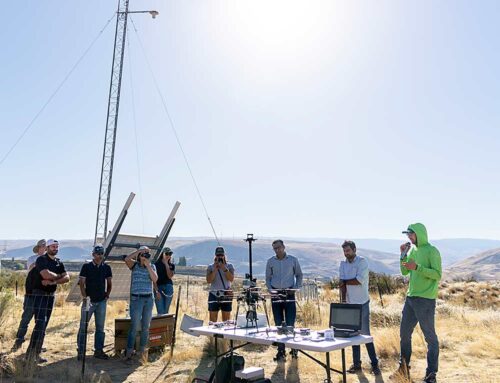
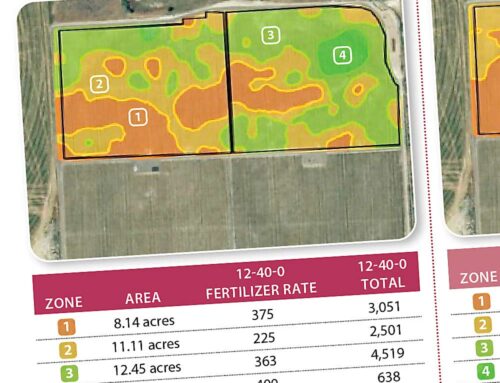
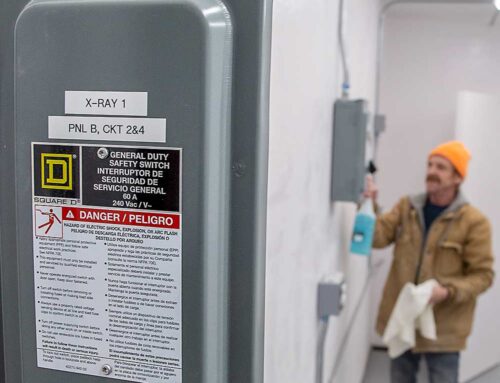
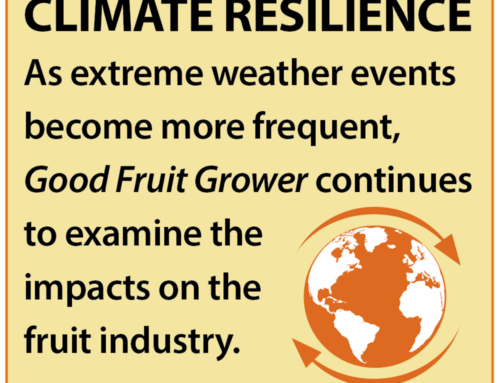
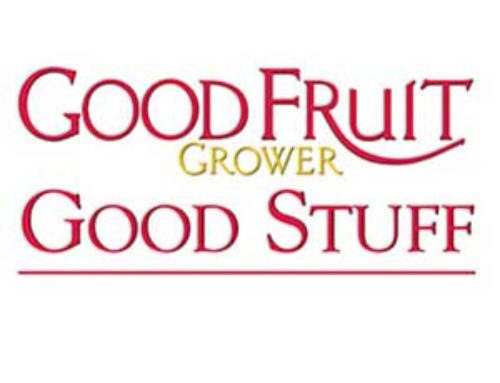
Nice article, Dan!